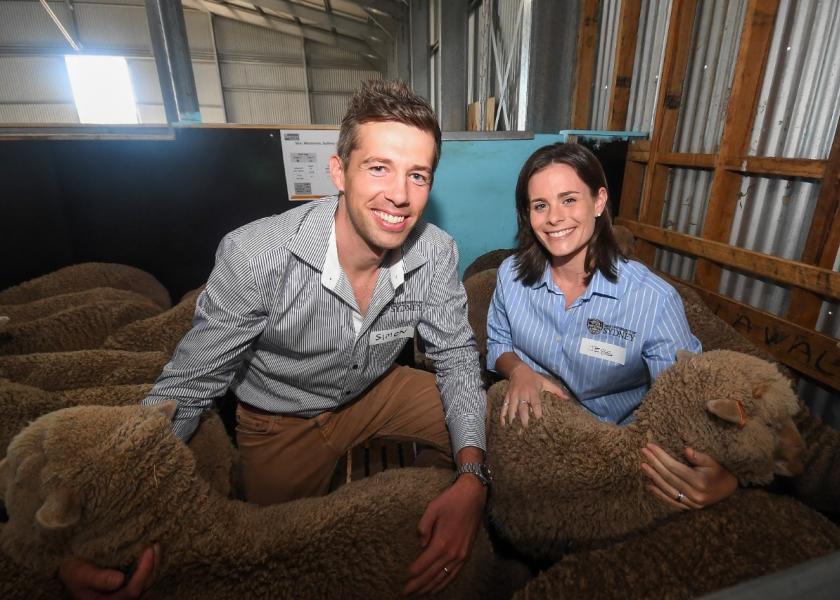Researchers Stretch Timeline for Semen Viability

How long can we store livestock semen before it loses viability? We now know the answer is at least 50 years, with well-maintained storage conditions.
Researchers at Australia’s Sydney Institute of Agriculture and School of Life and Environmental Sciences at the University of Sydney recently defrosted semen collected from Merino rams in 1968, found it viable and successfully impregnated a group of ewes using the 50-year-old samples. The resulting lambs exhibit physical traits common to Merino sheep of a half-century ago, some of which were ‘bred out” of modern genetic lines.
The researchers believe the stored samples represent the oldest known viable semen, and certainly the oldest to be successfully used in artificial insemination and produce offspring. In this study, the researchers inseminated 56 ewes with the 50-year-old semen, resulting in 34 pregnancies. For comparison, the group used AI to inseminate over 1,000 ewes with recently stored semen from 19 sires, which resulted in 618 pregnancies. The pregnancy rates of 61% from the old semen and 59% from the short-storage semen were statistically equivalent.
“This demonstrates the clear viability of long-term frozen storage of semen,” says researcher Simon de Graaf. “The results show that fertility is maintained despite 50 years of frozen storage in liquid nitrogen,”
Researchers believe these results can have implications for human reproduction and for preserving genetic diversity in endangered species. For livestock breeding, long-term storage could provide breeders with access to useful genetic material and genetic traits uncommon in modern breeding lines.
Read more from the University of Sydney.
For more on reproductive technologies, see these articles from BovineVetOnline.com:
Sexed Semen: History and Potential







